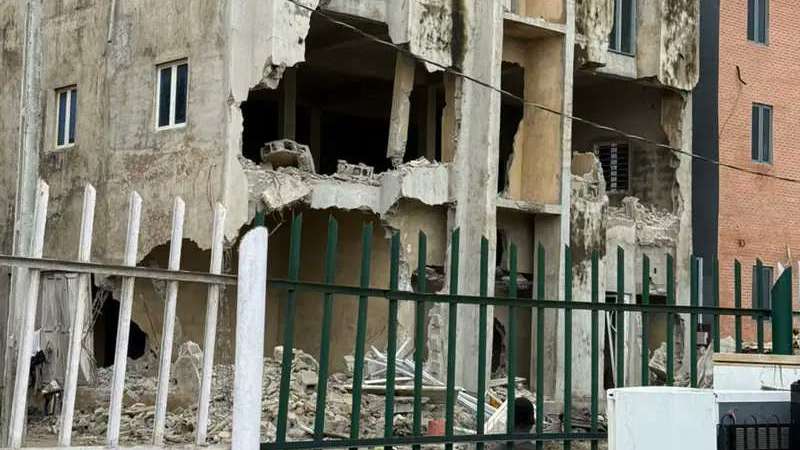Slowing Inflation Brings Cautious Optimism, but Many Nigerians Question Real Benefits

Investigative Report: by Okafor Joseph September 23,2025
Nigeria’s latest inflation figures show signs of easing, sparking cautious optimism among policymakers and international observers. Yet, for millions of citizens, the relief remains more statistical than practical, raising doubts about whether the slowdown in inflation is truly translating into lower living costs.
Official data indicates that inflation growth has moderated compared to previous months, particularly in food and essential commodities. Government officials describe the trend as proof that recent fiscal and monetary measures are beginning to yield results.
However, an investigation by SpringNewsNG reveals a more complex reality on the ground. Across Lagos, Abuja, Kano, and Port Harcourt, traders, households, and wage earners say they are yet to feel any meaningful difference in their daily expenses. Staple foods such as rice, bread, beans, and cooking oil remain at historically high prices, with transportation and electricity tariffs eating deep into household budgets.
Mrs. Florence Adeyemi, a mother of four in Lagos, told SpringNewsNG:
“They say inflation is slowing, but in the market nothing has changed. Every week, the price of food goes up. How can they say things are improving when people are still struggling to feed?”
Small business owners share similar frustrations. Mechanics, tailors, and market women interviewed expressed concern that while inflation may be falling on paper, operational costs — from fuel to raw materials — remain unaffordable, forcing many to cut back on production or lay off workers.
Economists argue that the discrepancy comes from the time lag between macroeconomic trends and everyday realities. “Slower inflation does not mean prices are falling, only that the pace of increase has reduced,” explained Dr. Musa Ibrahim, a financial analyst. “For Nigerians who have endured years of surging costs, this feels like little or no relief.”
The investigative team also found that income levels and job creation remain stagnant, making even small price increases unbearable for many families. With unemployment and underemployment still widespread, the gap between official economic reports and lived realities is widening.
As Nigeria prepares for further reforms to stabilize the economy, the pressing question remains: can the government convert statistical progress into tangible relief for ordinary citizens? Until then, for most Nigerians, slower inflation feels less like a victory and more like another distant promise.







